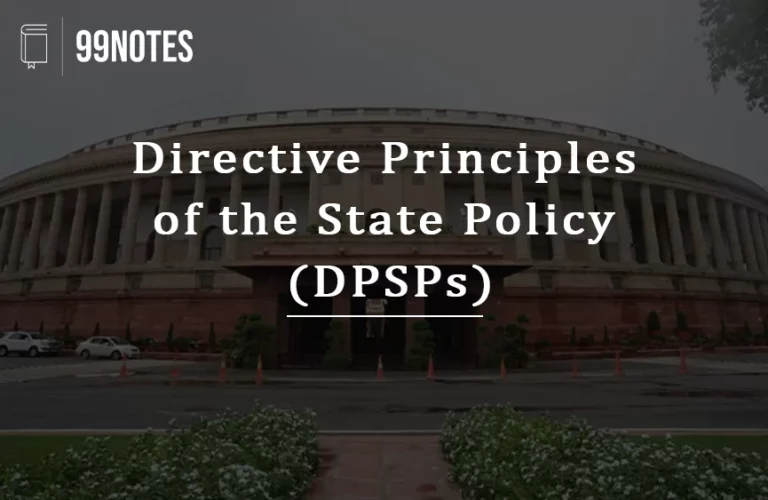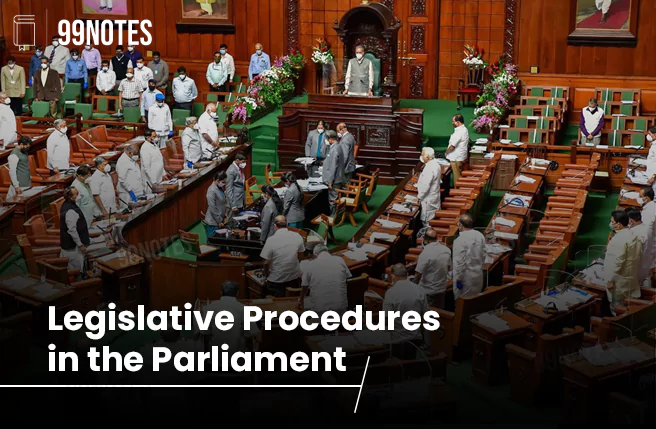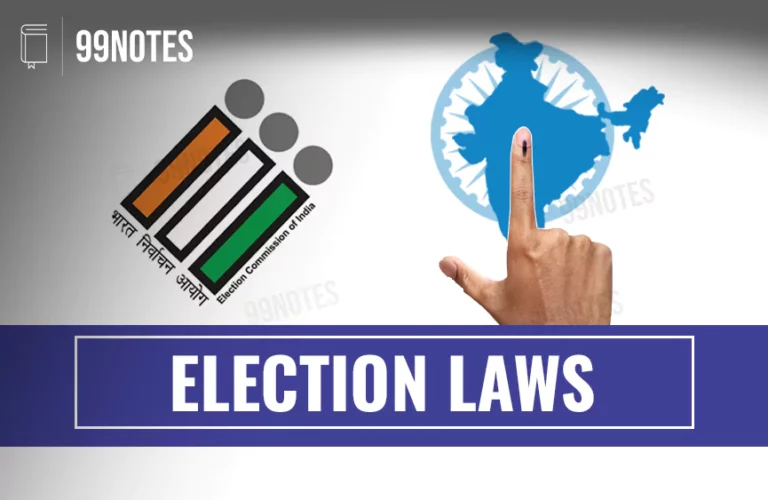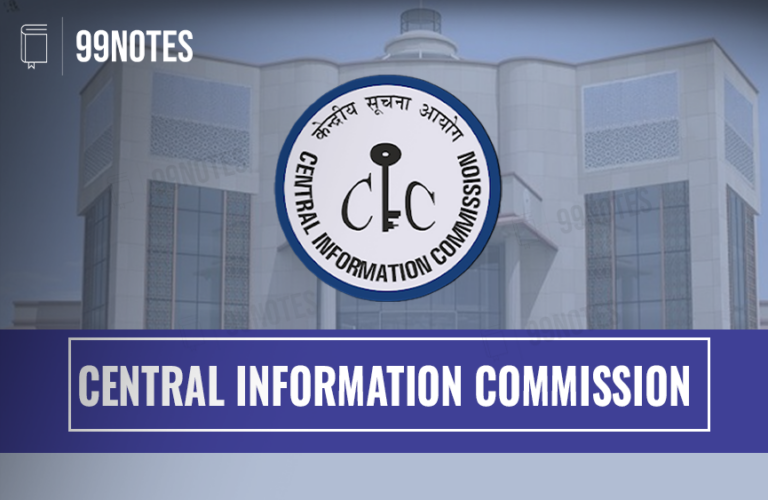Voting Behaviour
Voting behaviour refers to actions or decisions taken by the electors while voting. It involves the study of human political behaviour in the context of voting in elections. It encompasses a wide range of factors that influence how people choose their preferred candidates or political parties.
Voting behaviour is not limited to the mere examination of voting statistics, records and calculations of electoral shifts and swings. It also involves an analysis of individual psychological processes such as perception, emotion and motivation and their relation to political action and institutional patterns.
Understanding voting behaviour is crucial for political analysts, researchers, and policymakers to comprehend the dynamics of elections and the preferences of the electorate.
Significance of studying voting behaviour
| Psephology |
| It is a scientific study of elections and voting behaviour. It involves the analysis of electoral trends and voting patterns and the examination of factors influencing voters’ choices. |
The study of voting behaviour holds significant importance for the following reasons:
- Helps analysts and researchers to understand the level of internalisation of democratic value among the masses as well as elites.
- Helps understand public participation in democratic processes: By understanding the reasons behind voter participation or abstention, efforts can be made to enhance overall democratic participation. It can address the issue of low voter turnout.
- Role in policymaking: Studying voting behaviour provides insights into the preferences and priorities of the voters, which can be used by policymakers to make policies that, align with the needs and desires of the population.
- Political representation: The study of voting behaviour also helps understand if a particular community is politically represented in a fair manner.
- Tracks shift in electoral politics: Analysis of voting behaviour helps understand the changing patterns in electoral politics. For example, how does a particular demographic group vote? What are the issues that dominate the elections? Etc. Long-term analysis also helps understand the structural changes in electoral politics.
- Helps in campaign strategy of political parties: Political parties can benefit from the study of voting behaviour by organising their campaign effectively. By identifying the issues that resonate with specific demographics, candidates can communicate more persuasively.
- Electoral Predictions: Psephologists use voting patterns to predict election outcomes.
Determinants of Voting Behaviour
Voting behaviour is influenced by several factors such as caste, community, religion, ideology, money, political wave, etc. The political parties exploit these determinants to attract voters. In this section, we will discuss the following socio-economic and political factors, which act as determinants of voting behaviour in the Indian electoral landscape.
Caste
- Caste has deep roots in Indian society and is an important basis for social relations; hence, caste is one of the most significant determinants of voting behaviour in the Indian electoral system.
- The politicisation of caste and the role of caste in elections is a well-known reality in India. So much so that it is said, “Indians do not cast their votes; rather, they vote their caste”.
- The caste factor invariably comes into play when political parties and governments formulate policies and programmes and when they decide on election candidates.
- The rise of regional parties also has a role in increasing the role of caste in Indian politics. Today, there are several regional political parties associated with a particular caste or caste group. For example, SP in Uttar Pradesh, RJD in Bihar is generally associated with OBCs and BSP in Uttar Pradesh is associated with Scheduled castes.
- This has been emphasised by political scientist Rajni Kothari, “Indian politics is casteist, and caste is politicised”. Paul Brass has also observed that in the countryside (rural areas), caste remains the most significant factor in voting behaviour.
Religion
- Even though India established itself as a secular state, it has not been able to prevent the role of religion as a determinant of political and electoral behaviour.
- Political parties tend to appeal to the religious passions of the masses to gain electorally. They also strive for the polarisation of voters on the basis of religion so that they can gain votes for a particular community in bulk.
- One of the reasons behind the continuing role of religion in electoral politics is the presence of religion-based political parties such as the Indian Union Muslim League, Shiv Sena, Akali Dal, and All India Majlis-e-Ittehadul Muslimeen.
Charisma/Political Parties
- The charismatic personality of a political leader is also an important determinant of voting behaviour.
- Charisma in a leader means exceptional and compelling qualities that elicit admiration, reverence, trust and enthusiastic support from the public. Such a person possesses unique and inspirational charm generally due to their exceptional communication and oratory skills and their ability to empathise and relate with the masses.
Language
- In a multi-lingual state like India, language is a considerable factor as a determinant of voting behaviour. It is evident from the history of language-based agitations across India post-independence.
- Linguistic aspirations and passions are often exploited by political parties to arouse voters and influence their decision-making.
- The rise of DMK in Tamil Nadu and TDP in Andhra Pradesh can be attributed to language-based identity politics. Further, language is one of the factors behind national parties not being able to make inroads in much of South India.
Class
- Class as a determinant of voting behaviour is reflected in the economic issues of employment, inflation, subsidies, loan waivers, etc.
- For example, the “Garibi hatao” campaign of the Indira Gandhi government was taken quite well by the masses. Similarly, the welfare schemes of the present NDA government and campaigning around it have benefited the BJP in the elections.
Regionalism/Sub-nationalism
- The phenomenon of regionalism and sub-nationalism is a harsh reality of Indian society.
- These feelings have given rise to the regional parties, which appeal to the regional identities and sentiments of the masses.
- Some regional parties, particularly in Jammu and Kashmir and North-East, have also raised secessionist slogans, which have had adverse effects on the peace and security in the region.
Money
- Given India’s status as a comparatively relatively poor nation, monetary considerations are likely to influence voting patterns.
- It has been observed that rich candidates are more likely to win elections.
- Despite the limitation on election expenditure, it is a known fact that cash and other items are distributed among voters to influence elections in one’s favour.
Ideology
- The ideologies associated with a political party also have a bearing on the elections.
- Voters who are committed to a particular ideology, such as communism, capitalism, or secularism, are more likely to vote for the party that professes those ideologies.
Performance of the party in power
- Political parties contest elections on the basis of an election manifesto, which contains the vision and promises made by the party.
- After coming to power, the ruling party or the ruling coalition is expected to fulfil those promises.
- Hence, the performance of the ruling party is a significant factor in influencing the voters, especially the swing voters, who are more likely to shift their votes on the basis of their performance.
Other Factors
- Literacy/Education: The illiterates and less educated people form the bulk of the electorate. Such voters are more likely to be influenced by appeals to parochial identities like caste, religion, regionalism, etc.
- Age: Difference in age groups means difference in priorities and interests, which are reflected in voting pattern.
- Factionalism in political parties: Almost no political party is free from factionalism within the party. Voters are likely to be disenchanted by the party’s inability to manage factional tendencies.
- Political lineage: It has been observed in Indian politics that legitimacy enjoyed by a charismatic leader also benefits the kin.
Role of Media in influencing voting behaviour
- Information dissemination: Information provided by the media regarding the election, candidates, political parties, and issues helps electors to make informed decisions about whom to vote.
- Political advertising: Political parties and candidates use media to disseminate information regarding their election campaign.
- Narrative setting: The media serves as an important instrument in shaping the narrative during an election. It has the ability to bring certain issues to the forefront while simultaneously downplaying others, thus influencing public choice.
- Political debates and discussions: Debates and discussions between candidates of different political parties help electors understand their views. These discussions also bring out the competence of the candidates and their suitability for the office, thus helping electors in making more informed choices.
- Public opinion polls: Media coverage of public opinion not only shapes public mood but also provides political parties and candidates with valuable insights to design their campaign strategies accordingly.
- Social Media Influence: Social media platforms have become an important source of political discussions and information. They also allow the candidates to connect directly with their electorate.
The determinants of voting behaviour in India encompass various factors, including religion, caste, community, language, money, ideology, etc. These factors, often exploited by the political parties for their electoral benefit, raise concerns about the fairness of elections.
However, the political system in India is gradually shifting away from these traditional determinants towards fairer and more pragmatic issue-based politics.






